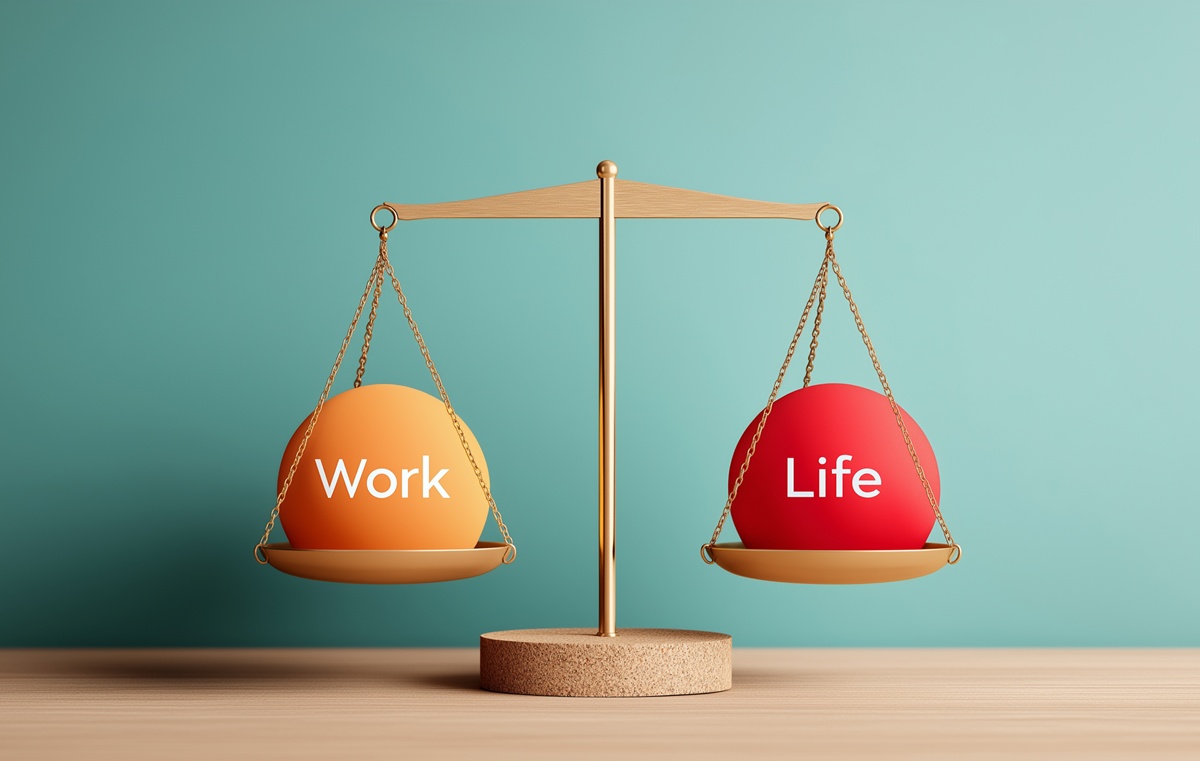September 25, 2025
Balancing Dreams and Dollars in Today’s Economy

A recent U.S. Bank survey reveals that many Americans are taking responsible steps with their finances—budgeting, investing, cutting back on extras, and even creating financial plans. Yet, despite these smart habits, most feel as though their progress is slipping further out of reach. Big goals, such as buying a house, retiring comfortably, and building wealth, seem increasingly dependent on unpredictable economic forces. Even as people do the “right” things, they worry that external challenges will keep them from achieving what matters most.
“This year’s survey reveals a seismic shift in the American dream,” said Scott Ford, head of Wealth Management at U.S. Bank. “Although many survey respondents are making prudent choices, they are disheartened and wonder if their efforts are worth the sacrifice. The good news is that even small steps can help you take control of your financial health, including having a financial plan and investing what you can, even if it’s a small amount.”
The New American Reality
The survey, which included responses from 5,000 adults nationwide, shows the nation doing its best to balance financial responsibility with economic headwinds. A majority report practising strong financial discipline: 68% stick to a budget, 64% cut back on leisure spending, and 57% have put together a financial plan. However, many believe these efforts may not be enough.
For example, 81% of Americans feel it’s harder to retire now than it was for their parents, with Millennials (87%) and Gen Z (84%) feeling this most intensely. Similarly, three out of four respondents say that today’s economy shapes major life decisions, such as whether to buy or rent a home or even where in the country they can afford to live.
Dreams Versus Reality: Retirement on Shaky Ground
Retirement, once viewed as a well-earned chapter of comfort, now feels uncertain for many. The survey found that 77% of Americans say the economy influences when they expect to retire, and 63% worry they may have to return to work after retiring due to financial pressures. Generational divides are stark: younger groups like Millennials (77%) and Gen Z (74%) feel this strain far more than Boomers (39%). Even the idea of retirement itself feels out of reach for some—16% of Americans, including nearly a quarter of Gen X, have given up on the dream altogether.
Success Redefined
Financial goals like home-ownership and retirement savings remain crucial benchmarks, but the survey reveals that personal fulfilment is just as important, especially to younger generations. 93% of respondents said that strong family and community relationships are essential to a successful life. Meanwhile, 88% still view home-ownership as a core measure of financial achievement, with Gen Z placing even more emphasis on it than in years past.
While many Americans are confident in managing daily expenses, fewer are consistently preparing for the future. Less than half (48%) contribute to retirement accounts each month, and only 37% of non-retired adults are actively planning and saving for retirement. Gender gaps are also evident: men are more likely than women to plan, save, and express confidence about their financial future. Younger generations, despite having time on their side, show high levels of anxiety—over two-thirds of Gen Z and Millennials worry they’ll outlive their retirement savings.



